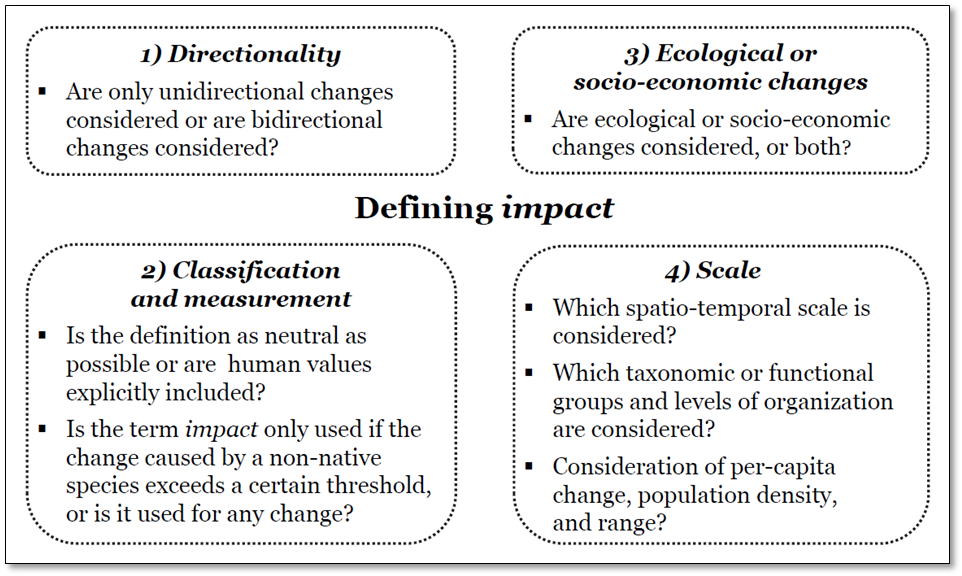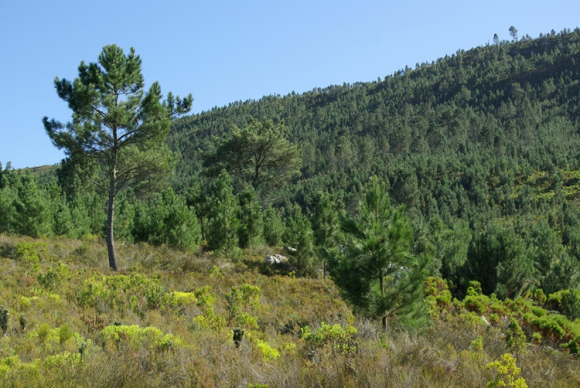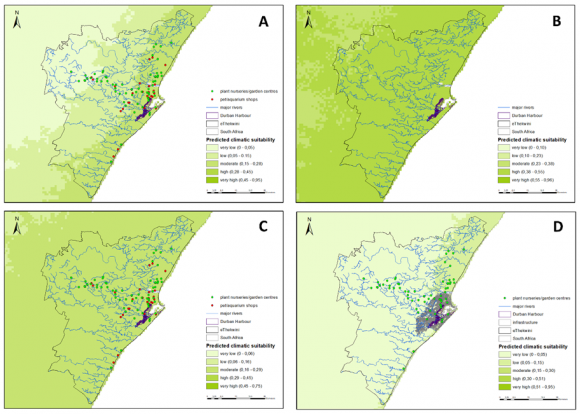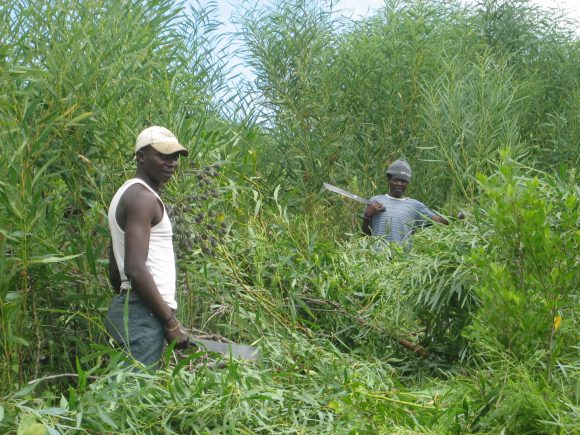All alien species cause changes to the ecosystems to which they are introduced. Such impacts are of many types – some are dramatic and obvious and can easily be classified as desirable or undesirable. However, for the vast majority of alien species, no information on impact is available. This greatly complicates the task of objectively assigning priority to management.
A working group named sImpact and established by C·I·B postdoc Sabrina Kumschick with funding from sDiv, the Synthesis Centre for Biodiversity Sciences within the German Centre for Integrative Biodiversity Research (iDiv) Halle-Jena-Leipzig (Figure 1). This group tackled some of the issues related to impacts of alien species in a workshop held at the sDiv Centre in Leipzig, Germany, in July 2013.
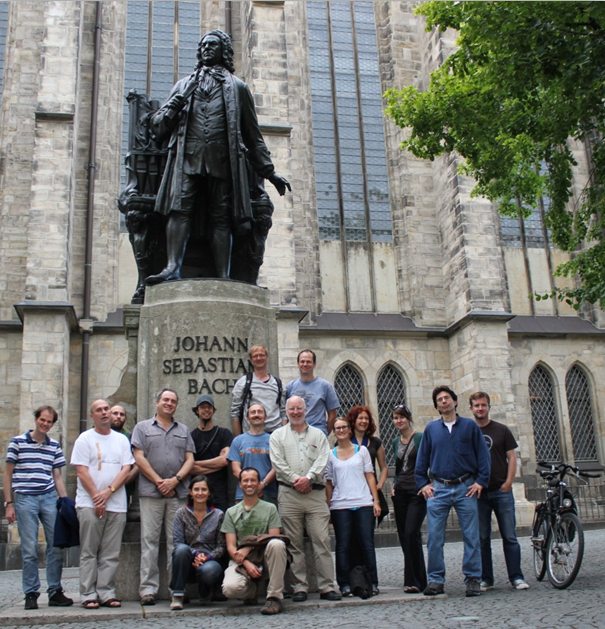
One key issue was identified very quickly, namely how to define impact precisely and unambiguously in the context of biological invasions. For example, any alien predator which is introduced to a new range will have to consume some other animals, usually native species. Is this considered as impact immediately, or only once the changes to the native community are substantial (and how precisely can we define “substantial”)? Also, should only ecological changes be considered in objective assessments, or should socio-economic factors also be included? Should “positive” changes and “improvements” of certain conditions brought about by the alien species also be termed impacts? And how should such “impacts” be weighed against others that are considered “negative”? The same predator could for example consume pest species and therefore have a “positive” effect on agricultural production. These and other issues shown in Figure 2 need to be clarified to ensure that different people and organisations are talking about the same thing when comparing and debating the effects of invasive species. Such clarification is important for helping to resolve conflicts as to whether certain alien species do more harm than good.
The first paper from the sImpact group was led by Jonathan Jeschke from the Technische Universität München in Germany, but has as co-authors several C·I·B affiliates: postdoc Sabrina Kumschick, core team members Mirijam Gaertner and Dave Richardson, and research associates Tim Blackburn, Franz Essl and Petr Pyšek. This paper tackled the abovementioned issues by suggesting questions that need to be answered for impact definition, and depicting examples of certain definitions used. Furthermore, it outlined how defining impact can resolve disparity between what policy makers and managers need and what science delivers.
Read the article
For more information, contact Sabrina Kumschick at sabrinakumschick@sun.ac.za
